Sponsored by: The Wenger Family ( Don and Susan )
Yom Hashoah; what did you do and what will you plan for the next year?
05/05/2017 02:31:41 PM
| Author | |
| Date Added | |
| Automatically create summary | |
| Summary |
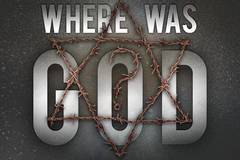 On the Hebrew calendar, four days following the celebration of Passover, we find the observance of Yom Hashoah. This is the annual Memorial Day for those who were killed in the Holocaust. Shoah is from the Hebrew word meaning catastrophe and holocaust from the Greek meaning sacrifice by fire.
On the Hebrew calendar, four days following the celebration of Passover, we find the observance of Yom Hashoah. This is the annual Memorial Day for those who were killed in the Holocaust. Shoah is from the Hebrew word meaning catastrophe and holocaust from the Greek meaning sacrifice by fire.
As a young child attending Hebrew school, our Rabbi and teachers created a ceremony each year to help us remember the horrific events of the Holocaust and acknowledge its victims. We were brought into a dark auditorium, then asked to sit on the floor. Six large candles were lit, a few songs with somber melodies were sung by the choir, and then we were shown a film that included images of piles of shoes and eyeglasses, empty suitcases, as well as countless, lifeless bodies being bulldozed into massive graves. When the film came to an end, we all stood in frightened silence as the adults in the room recited the mourner’s prayer. Many of you might remember similar experiences around Yom Hashoah.
Thankfully, since the Israeli government proclaimed the 27th of Nissan as Yom Hashoah back in 1953, educators and clergy understood the need to do more to honor the victims of the Holocaust. This unique and troubling history required us to examine the human behavior that contributed to the Shoah. It is essential that we learn these lessons, to ensure such an atrocity would never happen again.
Out of the ashes of Auschwitz has come a summons to us all; not only to remember the millions of human victims but also to examine our role as responsible citizens. How will we respond when confronted with civil rights violations and/or policies of genocide perpetrated against a segment of our society? The late Elie Wiesel wrote: “We can never be silent where ever and when ever a human being endures suffering and humiliation. We must take sides. Neutrality helps the oppressor, not the victim. Silence encourages the tormentor, not the tormented.”
As we live increasingly in close proximity to a diversity of people, we must allow the ALL of the Holocaust to work on our hearts and souls, enabling us to embrace people who may view the world differently. The Holocaust challenges us to embrace people who do not look, believe or speak as we do. The Holocaust was not an accident in history; it occurred because individuals, organizations, and governments made choices that not only legalized discrimination but also allowed prejudice, hatred and ultimately mass murder to occur.
In Israel, during Yom Hashoah, a siren blares throughout the country. In memory of the Jews that were murdered during the Holocaust all of Israel comes to a stop. All conversations stop, motorists turn off their cars and get out and stand in silence. Buses, Trains and all commerce cease for two minutes. In the life of a bustling country like Israel, this has become a surreal moment to contemplate a catastrophic experience in Jewish history as well as in human history. Prayers, monuments and moments of silence remind us the Holocaust was real. The events of the Holocaust should remind us never to forget that all human beings are created equal in the image of God. The Holocaust demands that we choose compassion, and kindness towards all people.
What will you be doing on the next Yom Hashoah to live the lessons from the Shoah? What were you doing this April 23rd? Now is a time to reflect and plan for the future. What can we all do, from today forward, that insures hatred and evil have no place in our lives?
Wed, 24 April 2024
Upcoming Events
-
Friday ,
SepSeptember 8 , 2023Beiteinu Virtual Shabbat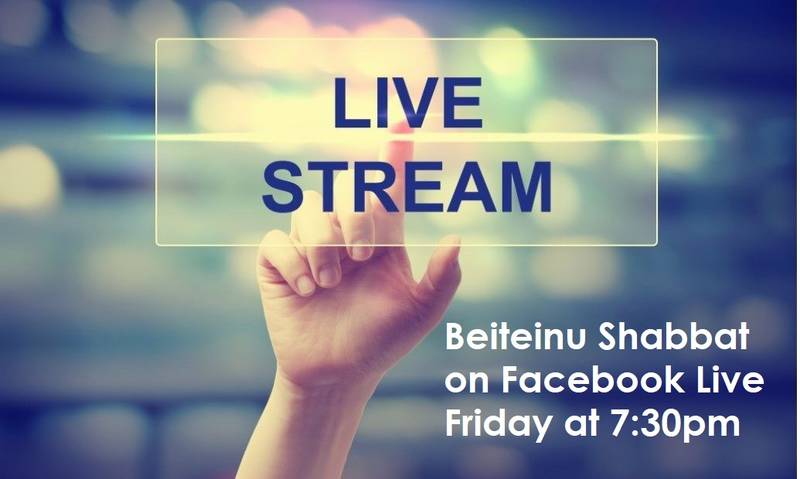
Friday, Sep 8th 7:30p to Friday, Jun 21st 8:30p
Join Rabbi Cove for a moving and inspirational shabbat service in the safety of your home. Go to our website https://www.facebook.com/synagoguewithoutwalls/ and scroll to the videos. Click the "LIVE" video -
Tuesday ,
OctOctober 10 , 2023Lafayette Hill Classes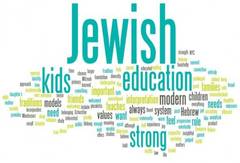
Tuesday, Oct 10th 4:30p to Tuesday, May 14th 7:00p
Rabbi Cove and Beiteinu will be returning to Lafayette Hill- virtually. We will be participating in an educational experience for Children 7-9 years old and 10-12 years old. Rabbi Cove will share his love of Judaism with interactive education and celebration of the various holidays. -
Wednesday ,
OctOctober 11 , 2023Blue Bell Classes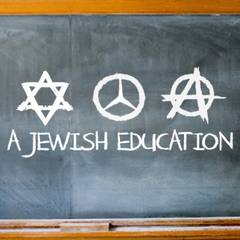
Wednesday, Oct 11th 4:00p to Wednesday, May 15th 5:00p
Rabbi Cove and Beiteinu will be coming to Blue Bell- virtually. We will be participating in an educational experience for Children. Rabbi Cove will share his love of Judaism with interactive education and celebration of the various holidays. -
Wednesday ,
OctOctober 11 , 2023Dresher Classes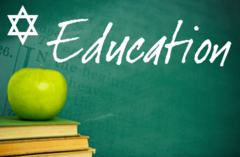
Wednesday, Oct 11th 5:30p to Wednesday, May 15th 6:30p
Rabbi Cove and Beiteinu will be back in Dresher virtually. We will be participating in an educational experience for Children. Rabbi Cove will share his love of Judaism with interactive education and celebration of the various holidays. -
Friday ,
MayMay 3 , 2024Beiteinu Shabbat Plymouth Meeting
Friday, May 3rd 12:00a to 9:00p
Join Rabbi Cove and Beiteinu as he welcomes in the Shabbat. Enjoy lively discussions, prayer and friendship

